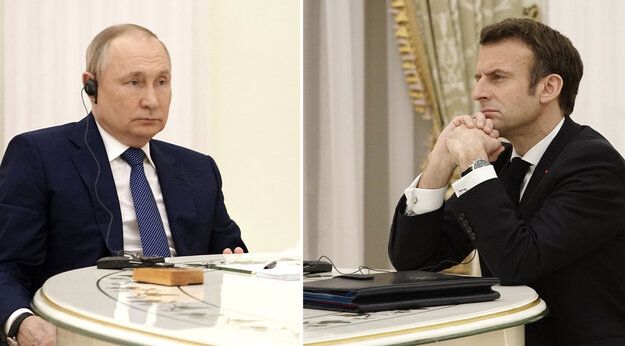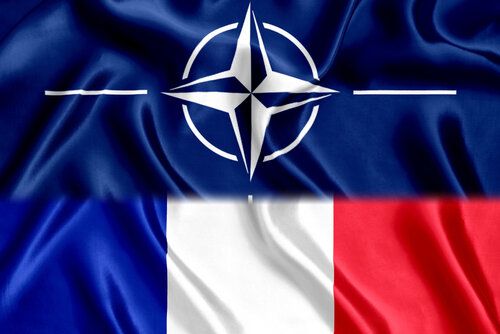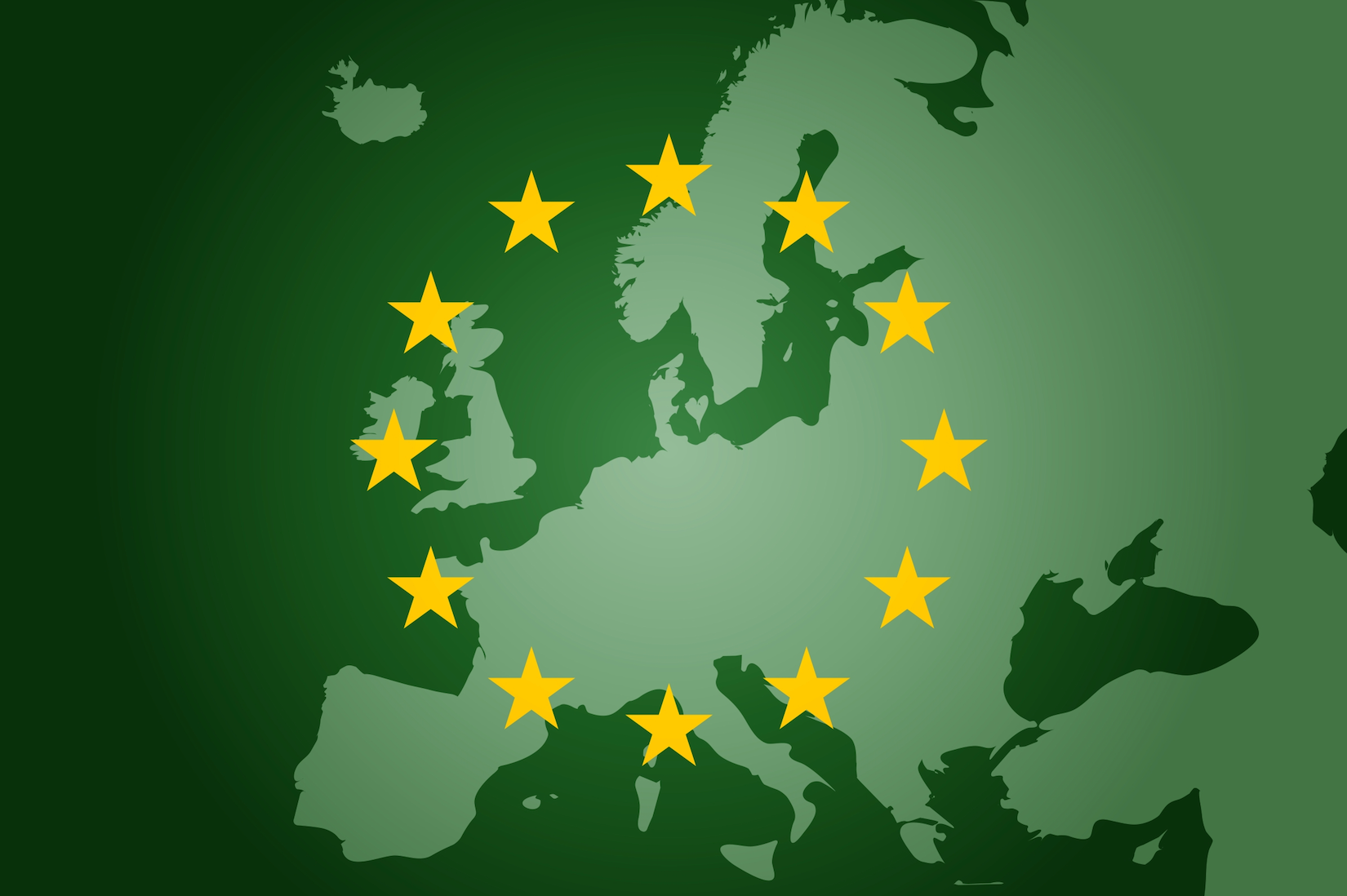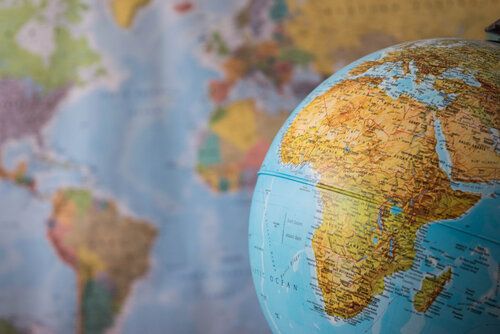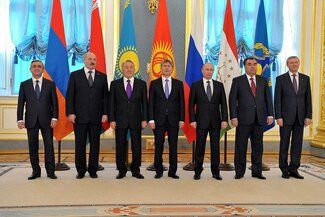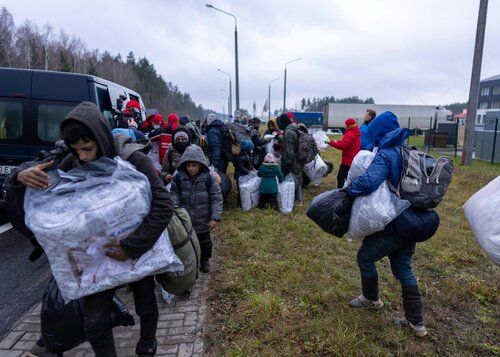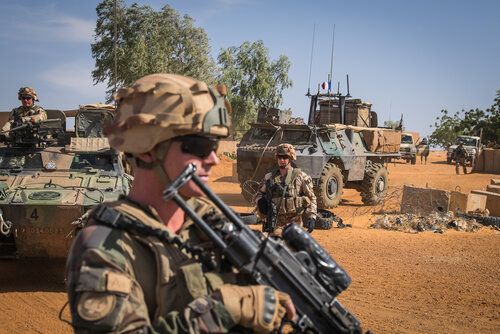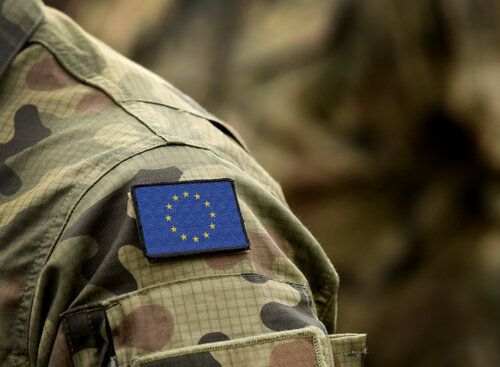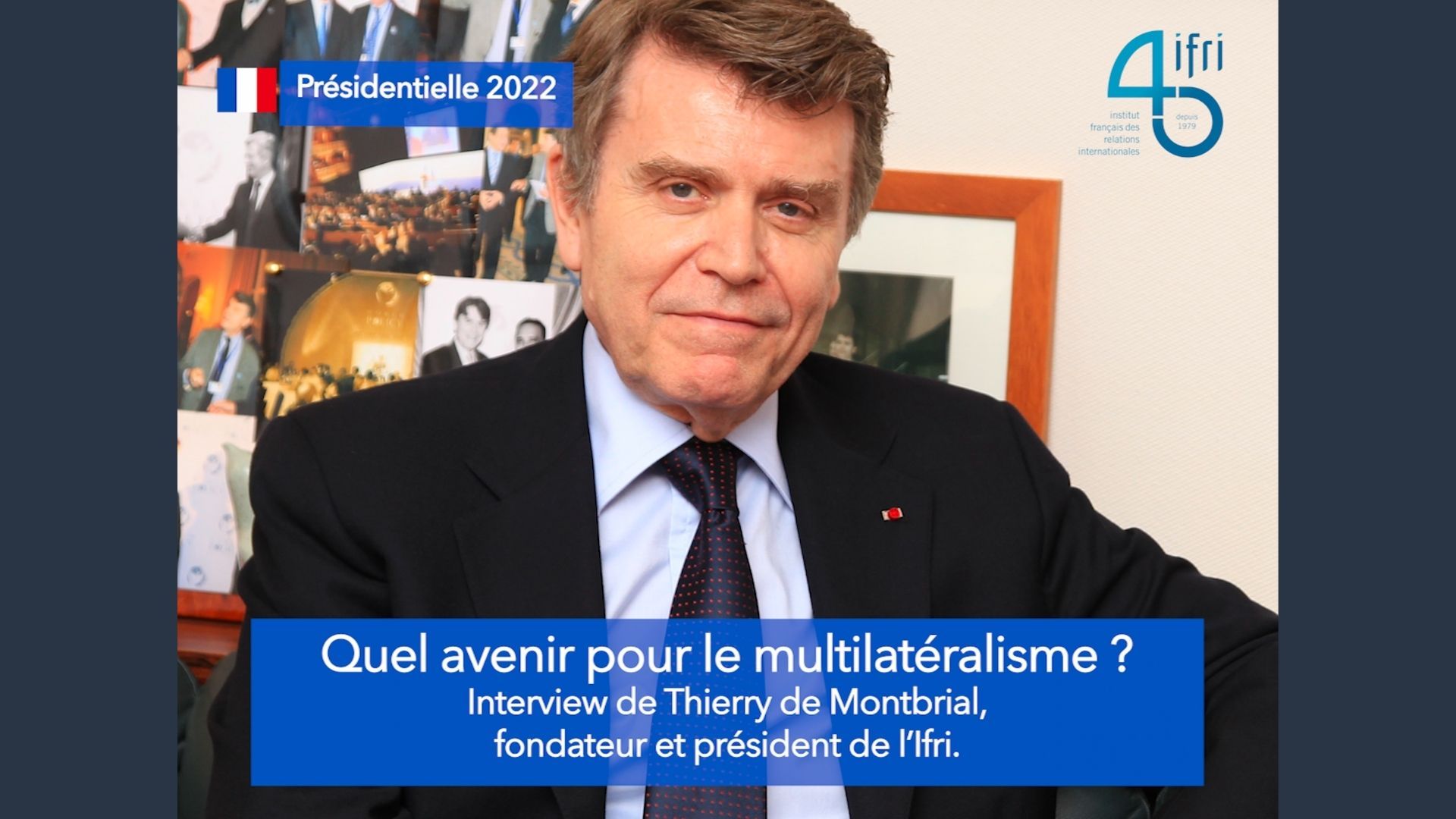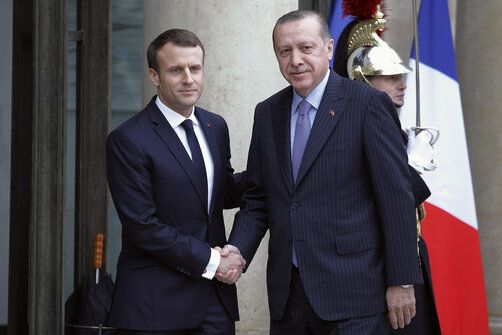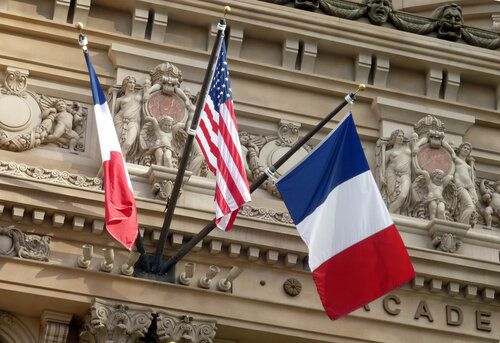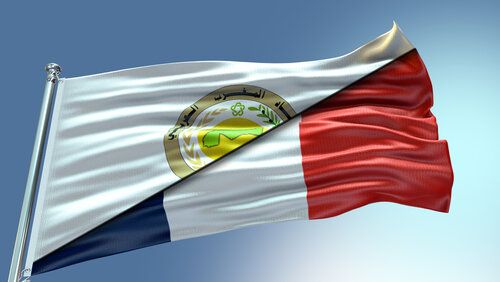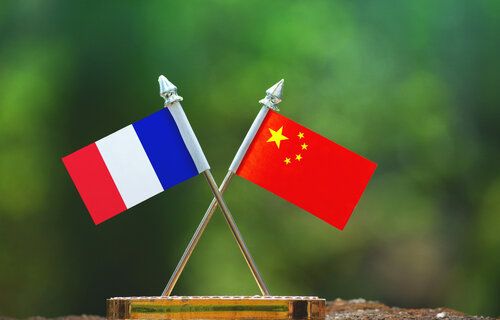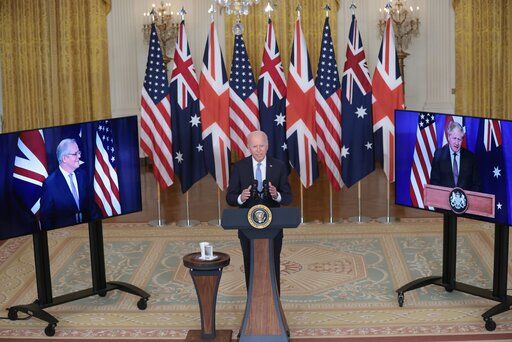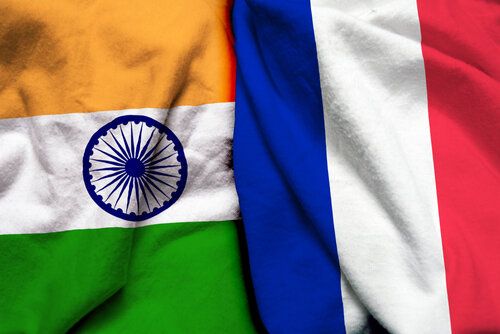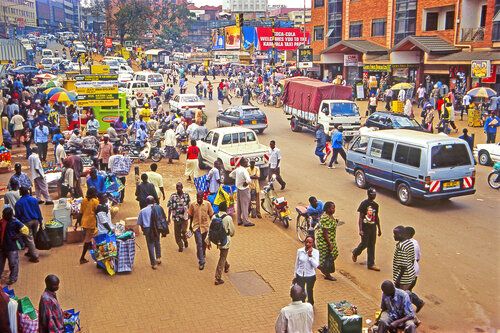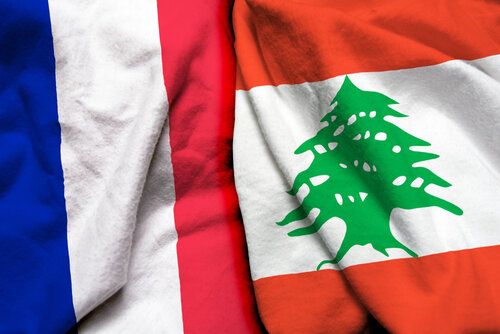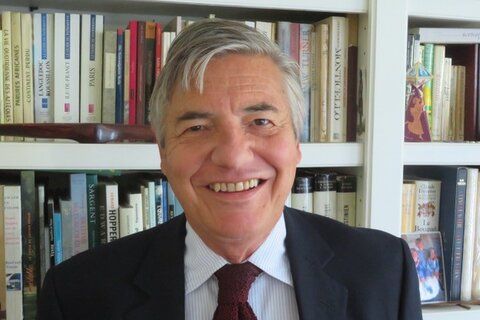“You haven’t heard me mention development assistance,” Emmanuel Macron said at the New Africa-France Summit in Montpellier on October 8, 2021. The French president had, in fact, given a detailed outline of his vision for official development assistance (ODA) in his keynote address on relations with Africa in Ouagadougou on November 17, 2018. On that occasion, his speech covered culture and sport for the first time, and he repeatedly returned to those topics since then.
There is currently no portfolio for “Cooperation” or “Development” in the French government (a first since the end of the colonial period). But that is not an indication that cooperation and development have disappeared from the agenda. Quite the reverse: everything suggests that the French president wanted to accord even greater importance to development by becoming his own minister for Development and exercising a direct influence on the Agence française de développement (AFD, French Development Agency), a parastatal body in the process of being reorganized, so that all ODA and technical assistance programs could be brought under one roof.
The Presidentialization of Development Assistance
The president has given a strong personal brand to ODA strategy, including its vocabulary, which he has moved away from the usual discourse of international agencies. His communications on this topic emphasize a relationship with Africa that should be close but free from any trace of paternalism, and he would like to see the European Union as a whole have a similar type of relationship with Africa. At the Montpellier summit, Macron announced that AFD would soon change its name, to respond to criticisms of the concept of “assistance” and mark a transition to an era of “partnership” and “social investment.”
Nonetheless, and according to his famous “at the same time” political motto, typical of the president’s behavior, the future of French ODA continues to be discussed in a more traditional fashion. On August 4, 2021, the French parliament passed a three-year budgeting Act on “inclusive development and global inequalities.” The Presidential Council for Development, the new supreme decision-making body chaired by Macron, had already had its first meeting on December 17, 2020. The Act of August 4, 2021 (Article 7) also created a “National Council for Development and International Solidarity [that constitutes] the preferred, permanent forum for consultation between major development stakeholders and the State.” It also instituted (in Article 12) a “committee to assess official development assistance, reporting to the Cour des Comptes [Court of Audit]” that will include elected parliamentarians.
Strengths and Weaknesses of French ODA
But the most significant element of this Act, replacing the provisions of the Canfin Act of July 7, 2014, on “development and international solidarity policy,” is the reversal of the trend in French ODA as a percentage of GDP: it will increase from 0.37 percent in 2017 to 0.55 percent in 2022, thus coming closer to the UN target of 0.7 percent. The French budget’s payment appropriations for ODA will also rise significantly, from 3.2 billion euros in the year 2020 to 4.9 billion in 2022. The international dimension of this change sounds all the more significant as the United Kingdom, in the context of budgetary restrictions related to the Covid-19 pandemic, decided to reduce its ODA spending from 0.7 percent to 0.55 percent of GDP.
The Achilles’ heel of French ODA continues to be how it can be applied to the present situation in the Sahel. Based on the complementary pillars known as the “3Ds” (Diplomacy, Defense, Development), this “integrated approach” supported by Macron throughout his presidency is unable for the time being to have any impact on a “lasting peace” process in areas where permanent insecurity and a military response are still the dominant features.
Despite all the promises about moving from the era of “assistance” to the era of “solidarity,” the French ODA system, with its predominantly irenic tradition, was not equipped to deal with such a problem, neither logistically nor conceptually. This dominant obstacle, inherited from the previous presidential mandate, will again have to be dealt with in the next one, under similar or possibly even worse security conditions.

